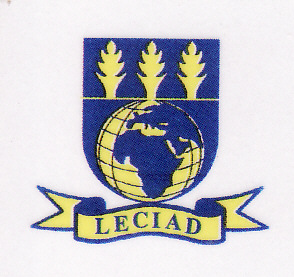The course aims to provide students with comprehensive knowledge and understanding of the critical role public policy plays in the workings of governments. It also builds students capacity in the design, formulation, implementation, monitoring and evaluation of public policies. The course begins by analyzing the contending definitions, types and nature of public policy. The course examines the policy cycle, i.e., the policy development process, and engages in the intellectual debates about the fundamental reasons for studying public policy. It examines the various scholarly perspectives about environmental conditions such as politics, economics, culture and that shape the making of public policies. Attention is focused on the roles of critical actors (both state and non-state actors, with particular emphasis on the activities of women groups, Not-for-profit, civil society and the private sector in the overall development of public policies. The conclusion focuses on issues about policy transfer and policy convergence at intra and inter-states’ levels. Part of the discussion provide insight on the impact of public policy on society (the real-world). The mode of delivery is a blend of lecturer-led and student-participatory approach. It utilises the practitioner-experience-sharing formula and site-visits, IT instruments including audios and visuals to enhance students’ understanding of the discussions of the policy making process. Students who complete this course would develop the ability to formulate, implement and evaluate policies at both the state, NGOs, civil society and the private sector level.



